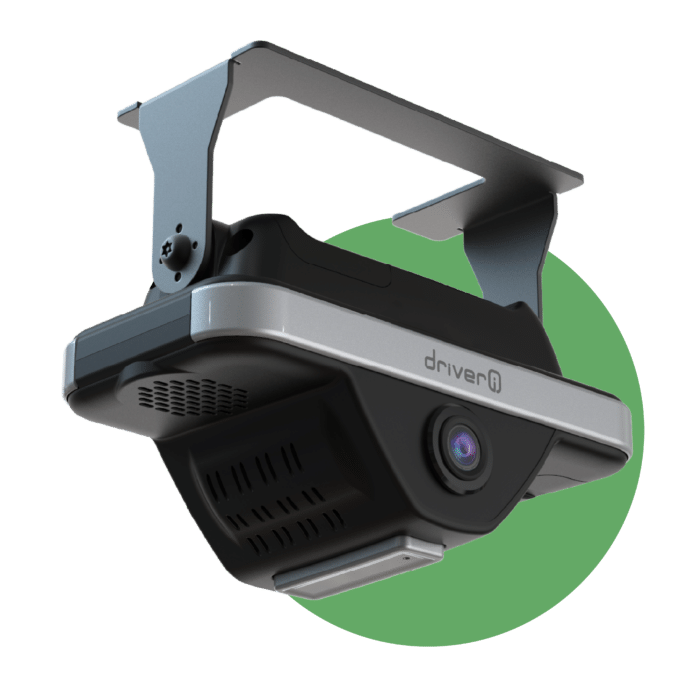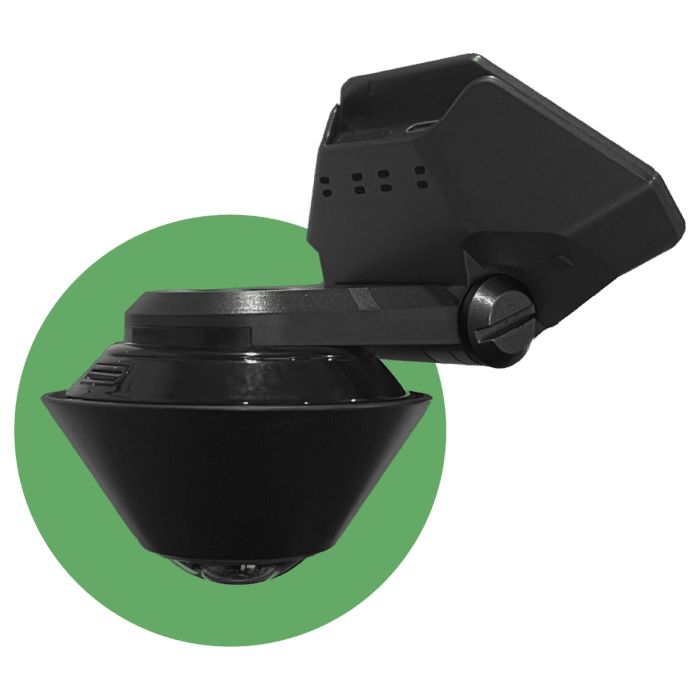
Data Management For Your Fleet
As a fleet manager, you do everything in your power to keep your drivers safe and your customers satisfied. But what steps are you taking to protect your customers?
Data management is more than hiring an IT specialist. It’s about taking the time to keep your system protected to a level where the information you’ve been trusted with is secure.
Types of Data in Fleet Management
Data goes beyond ones and zeroes, numbers and figures; it encompasses the core of your operations.
From vehicle locations and driver behaviors to maintenance schedules and customer information, it can all be a big liability in the event it becomes mishandled.
As a fleet manager, assessing the risks associated with your data is the first step towards fortifying your fleet’s security. Understanding where your data is stored, who has access to it, and how it moves through your systems is a key step to proper data management.
Optimizing Fleet Performance
Efficiency is the cornerstone of successful fleet management. Adopting fleet management software not only streamlines your operations but also enhances overall performance. Having a state-of-the-art data security system for your fleet doesn’t take much. Sometimes it’s as easy as updating your computers, or switching to tablets, and subscribing to password management software like Keeper.
When you’re able to find the right telematic solutions for your fleet, your decision-making becomes more validated and clearer because you can better monitor metrics.
Challenges in Data Management
Data Security and Privacy
With the magnitude of sensitive information stored in your fleet management software, the risks of data breaches and unauthorized access should be in the back of your mind. This information can be yours, or your customers’ information. The proper practices will help reduce risks and protect the integrity of your fleet’s data.
Some best practices include adopting fleet management software coupled with proactive data security measures. Strict access controls to encryption techniques and fortifying your system against potential threats are another great step in the right direction.
You can easily do this when you limit the number of admins — or people who have access to logins and passwords — you have on your accounts.
Advanced cybersecurity measures, such as encryption protocols, intrusion detection systems, and regular backups, can help you establish a robust defense.
The approach to protecting your fleet management systems is to incorporate proper training. You wouldn’t send your drivers out on the road if you didn’t think they were ready, so why would you put them in the “driver’s seat” of data management?
It’s also helpful to create proper training benchmarks to assist your team in making informed decisions about how to handle data.
What to look out for with Fleet Data Management
Here are some suggestions and preparation tips for beginning the optimization process of data management and sustainability.
Cyberattacks
The ever-present threat of cyberattacks necessitates constant vigilance. By staying ahead of potential risks and keeping your systems updated, you can safeguard your fleet from malicious intent.
Outdated Technology
Keeping your fleet management software up to date is not merely a matter of convenience; it’s a crucial aspect of data security. Legacy systems are more susceptible to vulnerabilities and breakdowns, making regular updates an integral part of your defense strategy.
It may be worth investing in better systems to remove any inefficiencies in your data management.
Ensuring Smooth Fleet Operations
Real-time Data for Operational Efficiency
Fleet management software provides real-time data about vehicle status, driver behavior, fuel consumption, and maintenance issues. Effectively managing this data is key to operational efficiency.
Reducing Financial Losses
As a fleet manager, you probably perform regular preventive maintenance to improve your bottom line. Why not do the same for your daily operations? Fleet maintenance can also look like taking these preventative steps to improve your business internally.
Identifying and addressing issues promptly through effective data management can significantly reduce financial losses, contributing to the overall stability of your fleet. When your systems and data are up to date, you’re able to make data-driven decisions.
This will help you focus on important key performance indicators (KPIs) and cost savings like managing fuel costs, maintenance costs, operational costs, and reducing vehicle downtime.
While these are only a few things to look out for, there are steps you and your fleet can take to become more aware of better data protection.
Advanced Measures for Data Protection
Going the extra mile matters in every aspect of your business. But if you want to protect your telematics data and other digital investments, try integrating some of these behaviors.
Continuous Training and Awareness Programs
Your team is your first line of defense when it comes to your company’s data security.
They don’t know what they don’t know. Regular training sessions on identifying potential threats, coupled with strict access controls, can significantly reduce the risks associated with human error. The more you educate, the more you can trust them to make better decisions when the situation calls for it.
Encryption and Regular Backups
Encrypting sensitive data at rest and in transit, coupled with regular backups, helps maintain the safety and integrity of your business information.
Access Control and Security Protocols
This can be as simple as establishing two-factor authentication.
Access control systems and security protocols protect sensitive employee and financial data from potential threats. This can be a double win if you’re able to secure you and your customers’ information. It’s a little investment that goes a long way.
When you’re able to secure your important data points, you can better improve your fleet’s strength, which in turn creates better long-term security.
Safeguarding Your Fleet’s Future
Data security is not a mere checkbox on your fleet management to-do list; it’s a moving and constant commitment to safeguarding your fleet’s future.
As a fleet manager, investing in secure fleet management software and prioritizing cybersecurity education for your team are critical steps in protecting your assets and building trust with customers who rely on you to keep their data safe.
Remember, the success of your fleet management doesn’t just hinge on operational efficiency; it’s about creating a secure and resilient foundation for your data.
When taking proactive measures, staying informed about emerging threats, and fostering a culture of cybersecurity within your organization, you can navigate the evolving landscape of data security with confidence.
Your fleet is only as strong as its weakest link. Don’t let that link be a digital one.
Click the button below to book a demo today and see how our products can help you achieve your goals for 2024.
Get a Price Quote
Ready to see how GPS Insight Telematics can work for your fleet?

